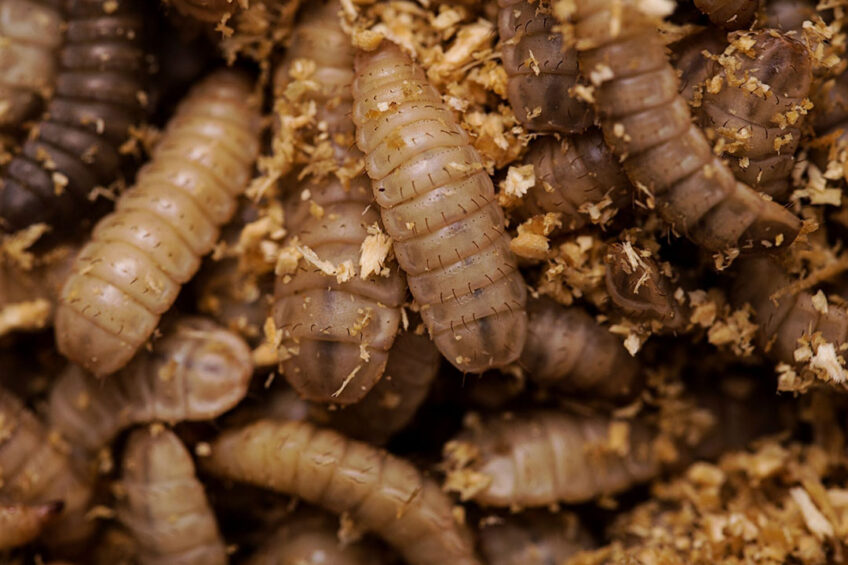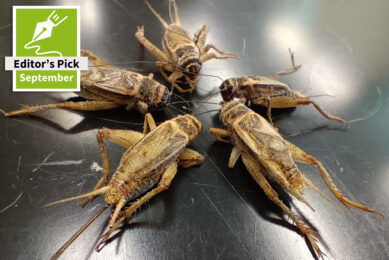Black Soldier fly larvae as beef cattle feed – price models

Black Soldier fly larvae (BSFL) have potential to be utilised as livestock feed and cattle may be an ideal market due to their specialised digestive systems.
However, until now the market value of BSFL as cattle feed is unknown, creating a critical limitation to evaluating its feasibility as feed and deterring the insect rearing sector from pursuing cattle as a potential outlet for products.
A hedonic pricing model
But researchers at Texas State University, USA, have carried out a study looking to predict the market value of BSFL as a nutrient source for cattle. To achieve this, they developed a hedonic pricing model – which identifies price factors according to the premise that price is determined both by internal characteristics of the goods being sold and external factors affecting it. The model established a quantitative relationship between the nutrient content of 13 conventional feeds and their mean quarterly price.
The model was then used to estimate the market value of BSFL based on its nutrient composition (94% dry matter, 109% total digestible nutrients, 38% crude protein, 35% ether extract and 10% ash).
Chicago market & 2021 US$ values – model
Using the Chicago market and 2021 US dollar values, the researchers led by Merritt Drewery, assistant professor in the Department of Agricultural Sciences at Texas State, predicted the price of BSFL for the cattle feed market to be $312.30+4.90/short ton, which was greater than the actual market price of all feeds included in the analysis.
Significant drivers of price in the model were total digestible nutrients (P<0.01) and crude protein (P<0.05). With all else held constant, each additional unit of total digestible nutrients was valued at $4.08 and each additional unit of crude protein at $4.68.
The team say the data provides insights into the economic value of BSFL as a cattle feed and indicate that, to optimise market value of BSFL as cattle feed, rearing processes increasing total digestible nutrient and crude protein content should be developed.
Podcast: Fly larvae as feed with Merritt Drewery
In a recent podcast, Dr Drewery said BSFL were already approved in the US for poultry diets and some aquaculture sectors: “I think we’ve got new legislation that they’re approved for swine, pigs diets as well. So I definitely think that the industry will be able to meet demands of the livestock, especially as they continue to grow. And as startups continue to get more and more funding, which we have seen this industry, the insect rearing industry, has been really great at fund-raising.”
Her research has received funding from the US Department for Agriculture. The research has been published in the Journal of Insects as Food and Feed











